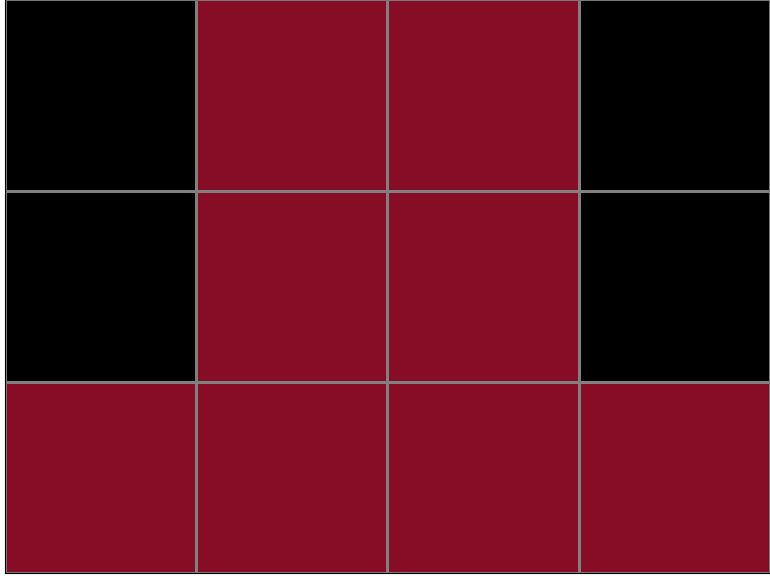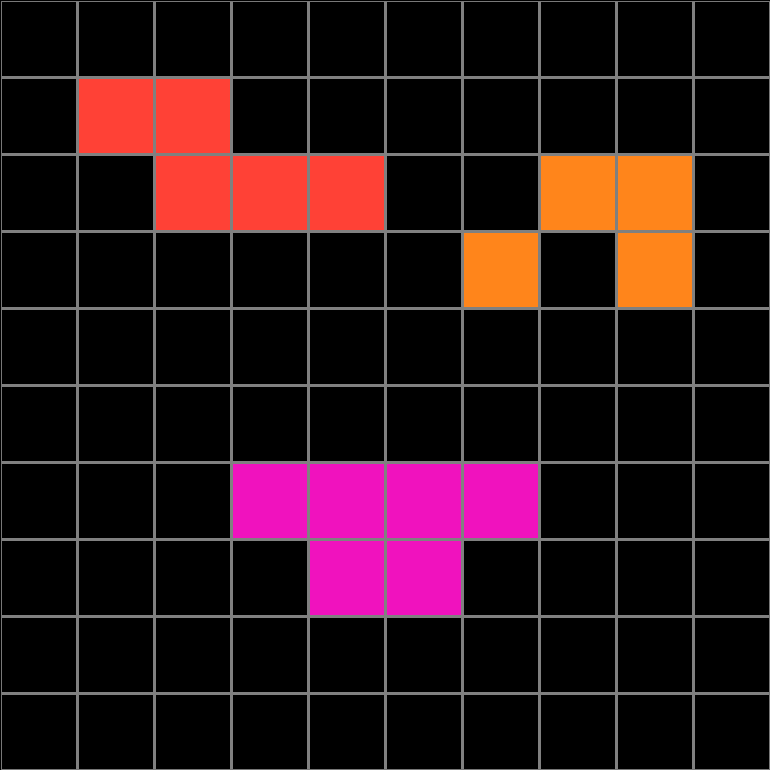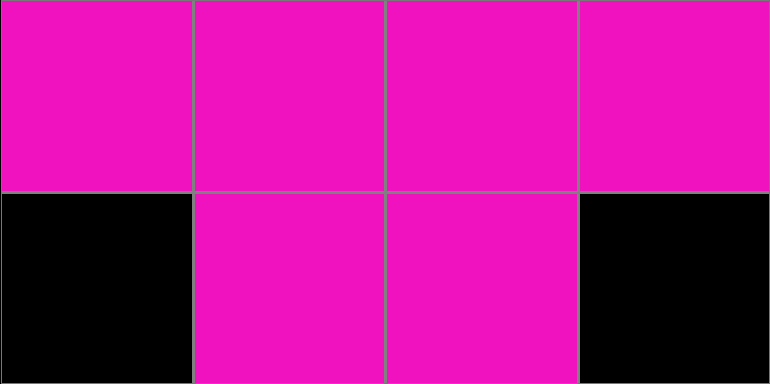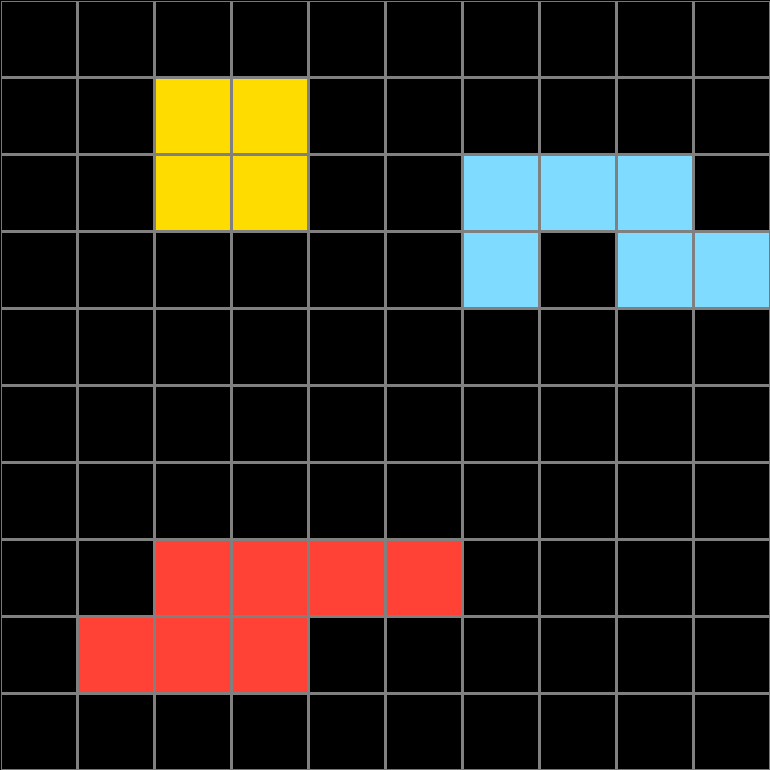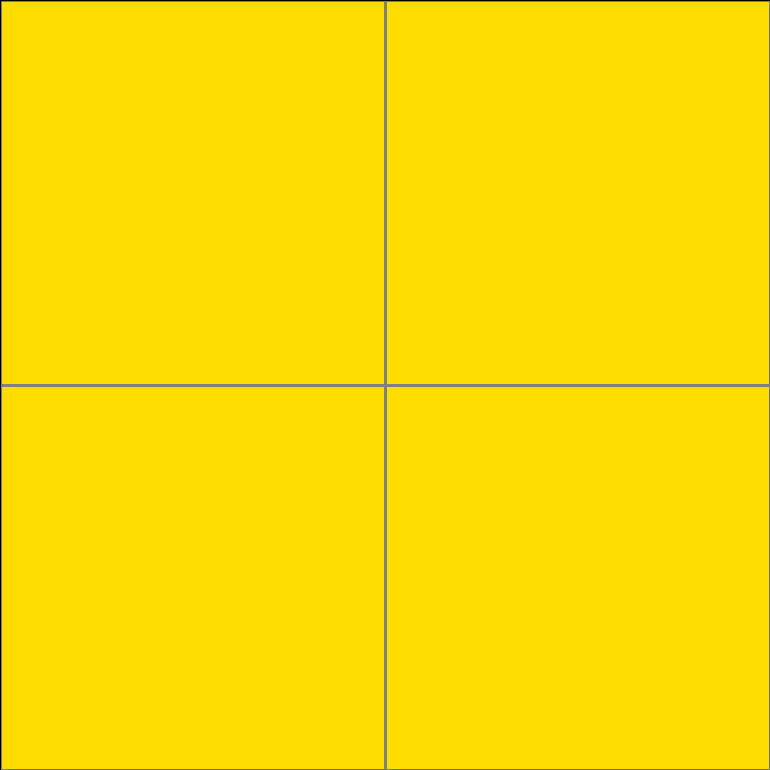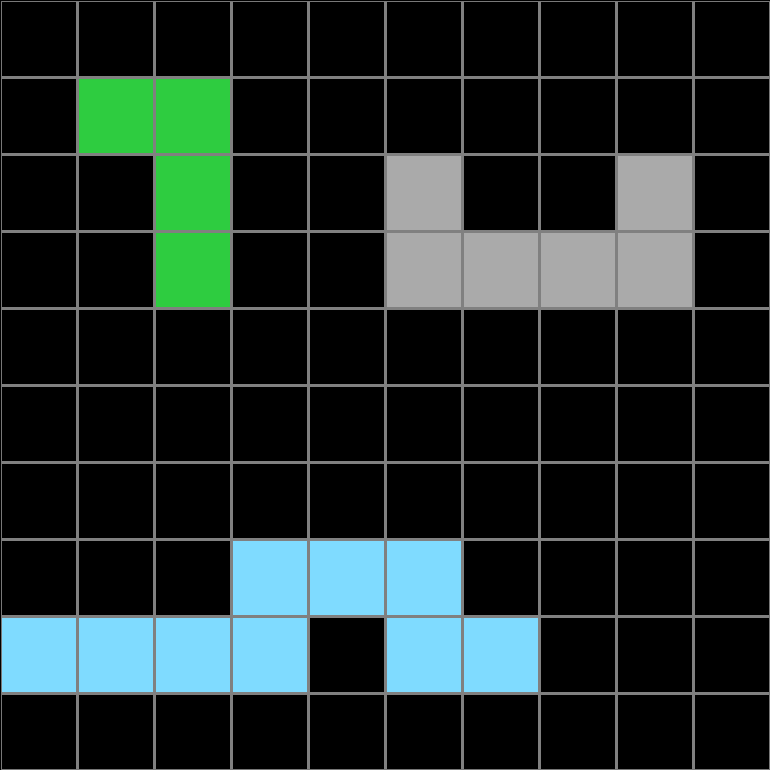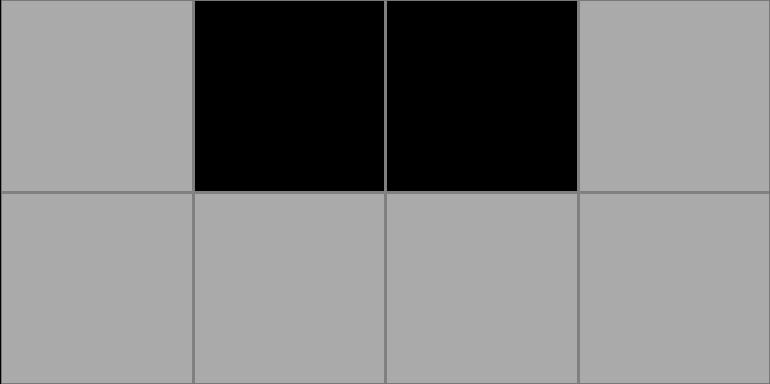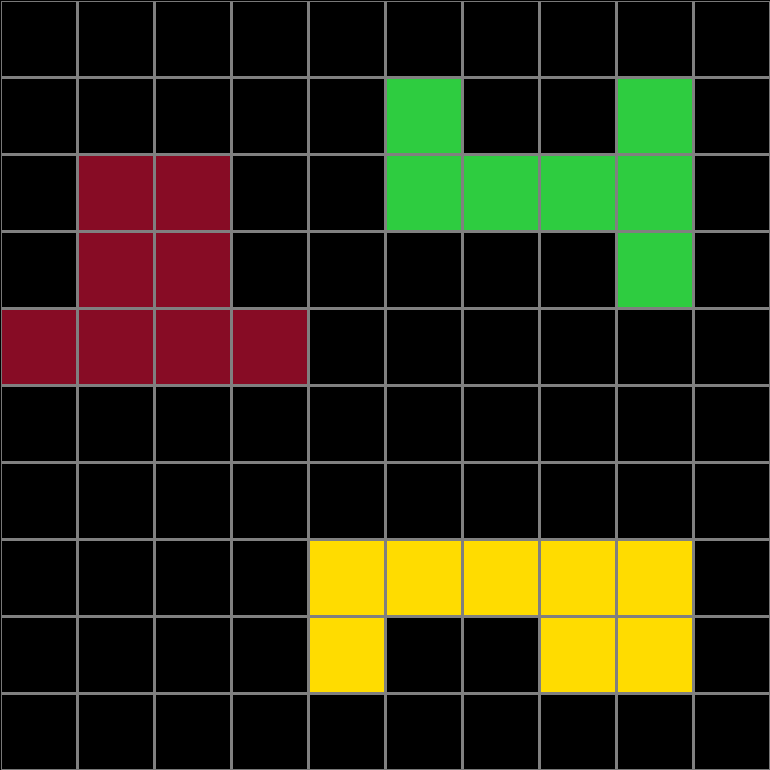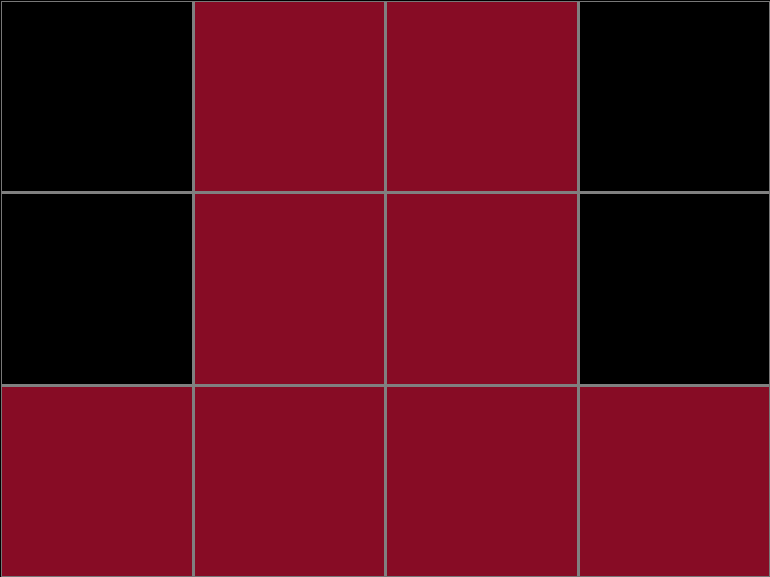Participant 1
Initial description: Zoom in on the shape with the least squares
Final description: Zoom in on the symmetrical shape
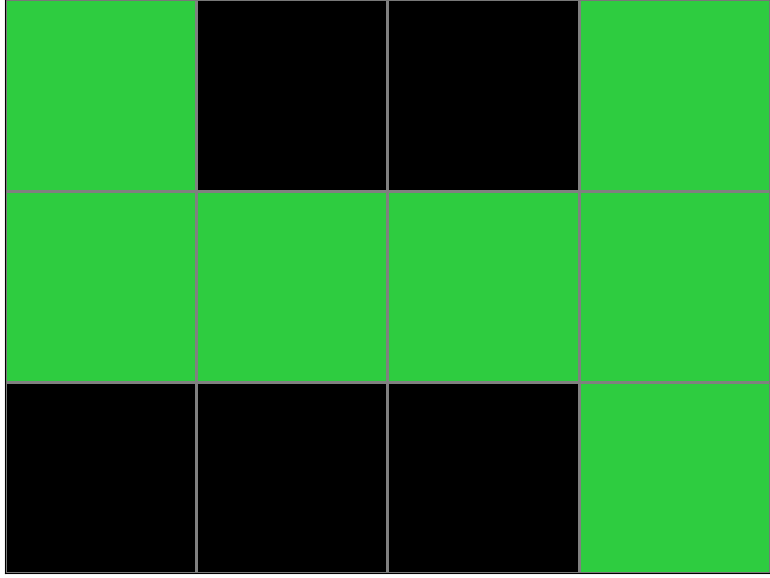
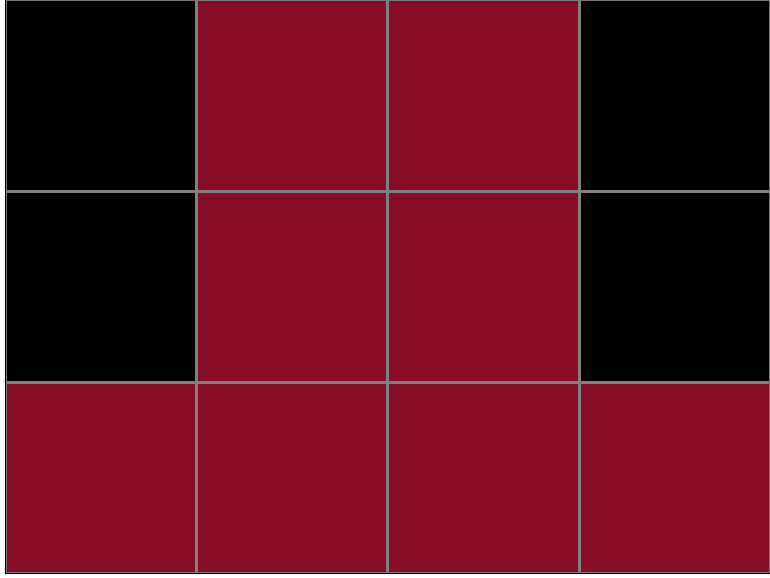
Participant 2
Initial description: The rule was to exactly copy one of the colored patterns shown inside the input.
Final description: The solution is to copy one of the colored patterns inside the input exactly how it is shown.
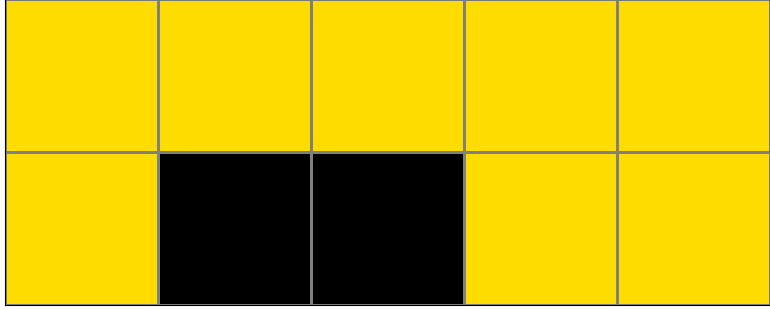
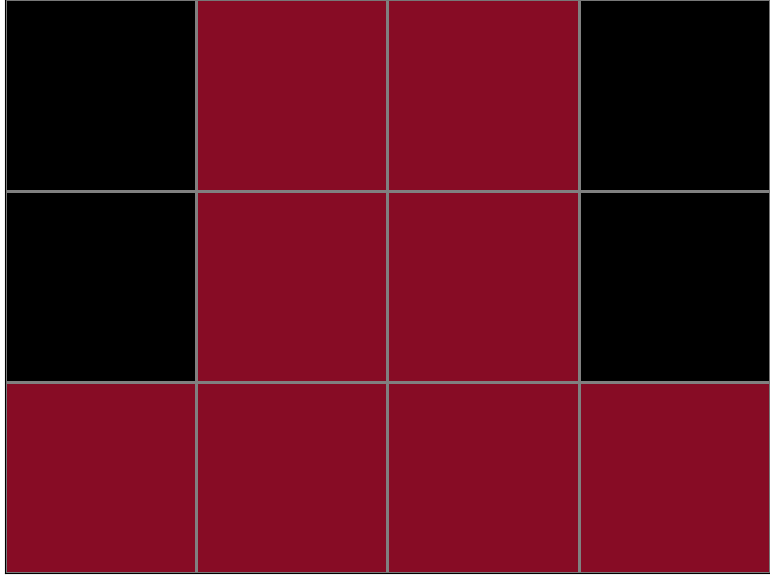
Participant 3
Initial description: I think the rule for this one was to follow the lines to create the exact same image.
Final description: I thought that I had to select one object and replicate that one item. It looks like one object was chosen in the example.
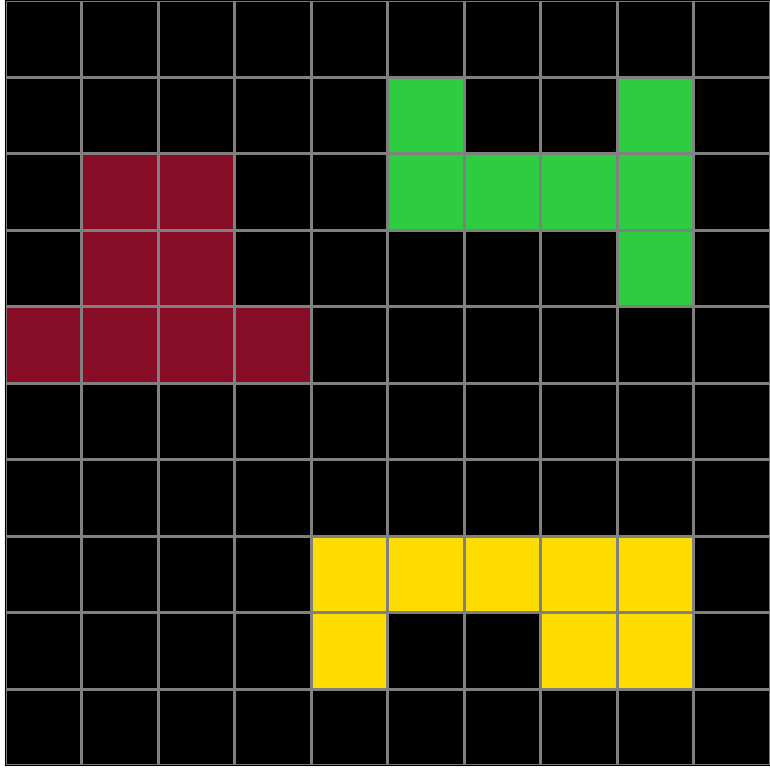
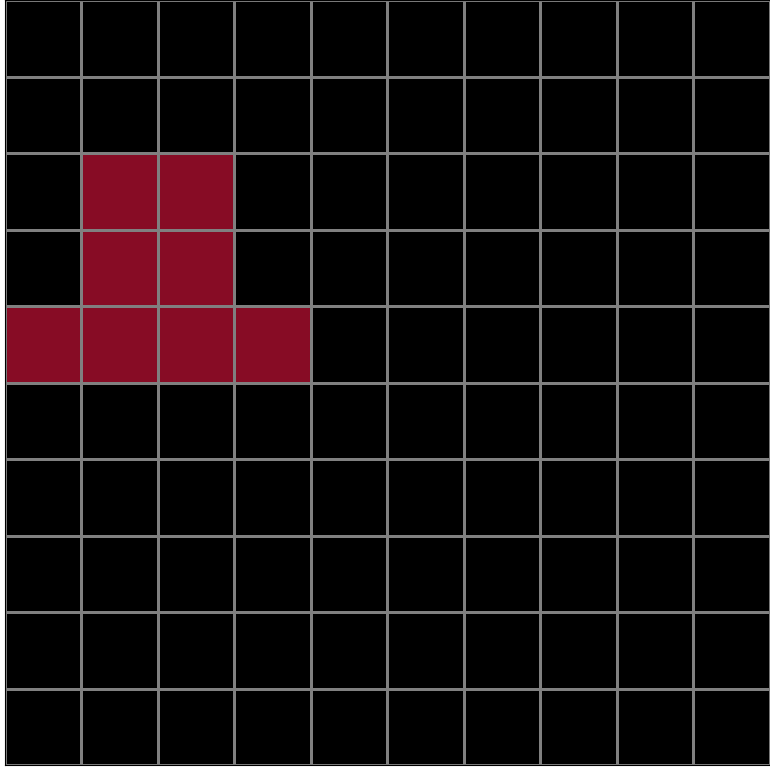
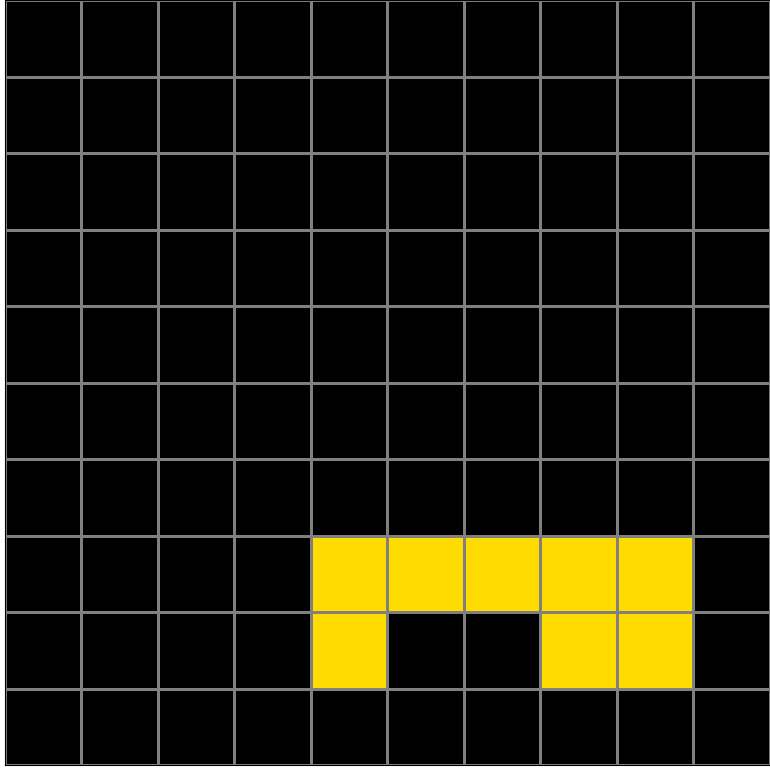
Participant 4
Initial description: Recreate the largest solid block with as little black as possible.
Final description: Recreate the largest solid block with as little black as possible.
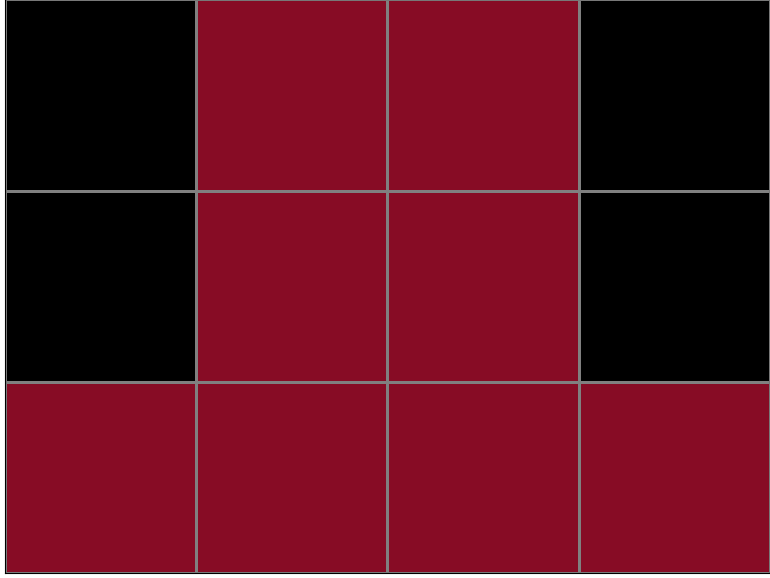
Participant 5
Initial description: Resize the field until it only fits one of the colorful shapes
Final description: Resize the field until it only fits one of the colorful shapes
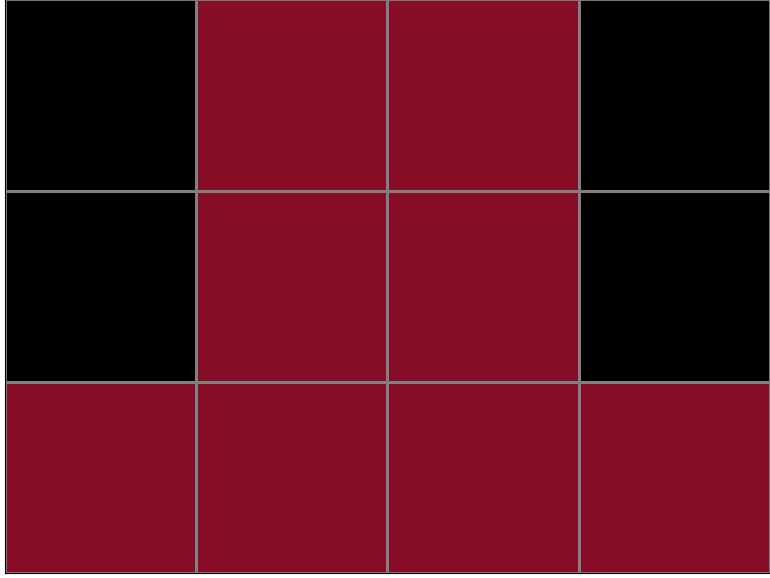
Participant 6
Initial description: Copy the object onto a grid the exact height and size of the object that's not orange, red, green or blue.
Final description: Determine the height and width of the symmetrical object. Create a grid with those dimensions. Copy the object onto your grid.
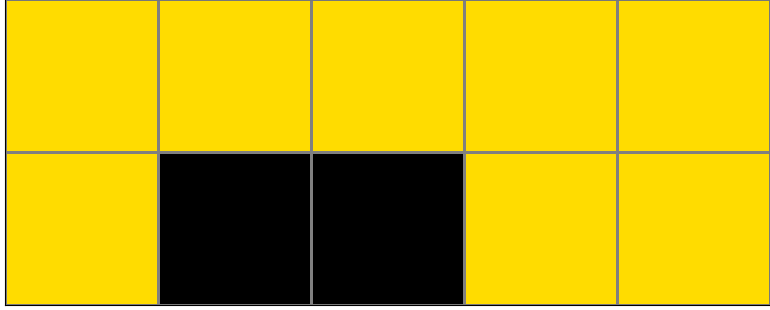
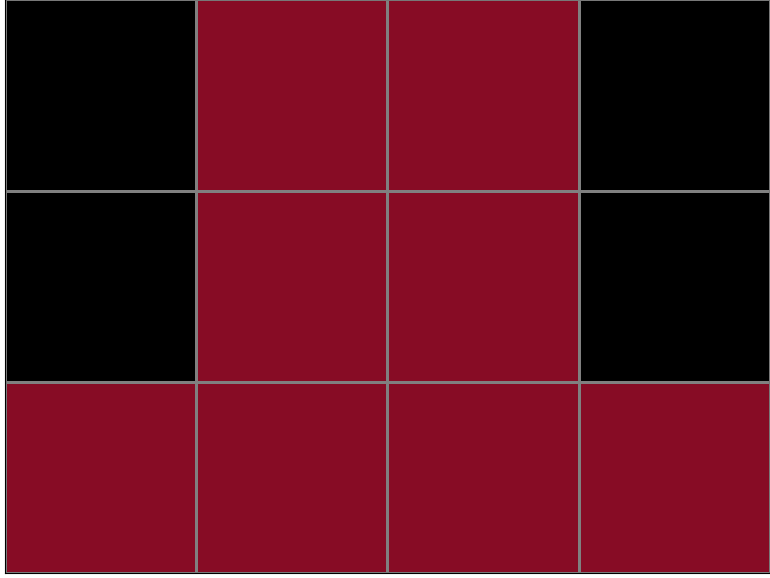
Participant 7
Initial description: The output is a grid based on the shape of the input piece which can be mirrored evenly (split in half and folded over).
Final description: The output is a grid based on the shape of the input piece which can be mirrored evenly (split in half and folded over).
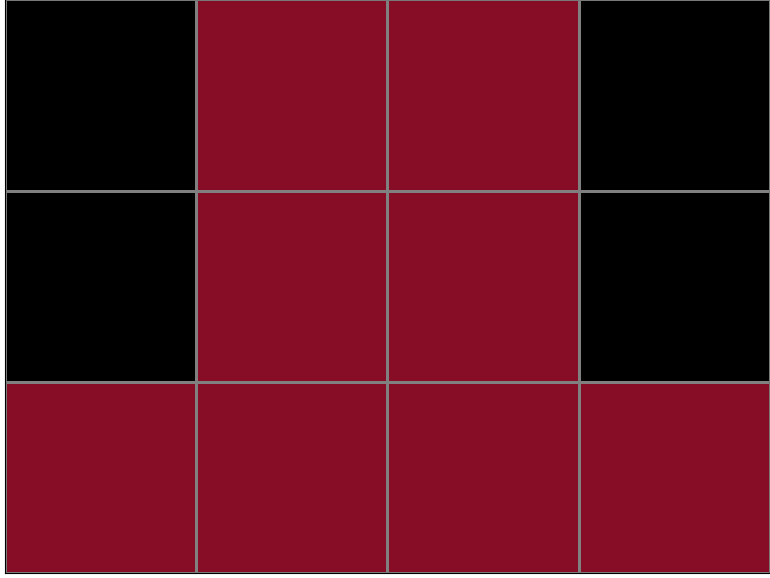
Participant 8
Initial description: Chose one of the colored shapes and recreate it in the test output.
Final description: Chose one of the colored shapes and recreate it in the test output.
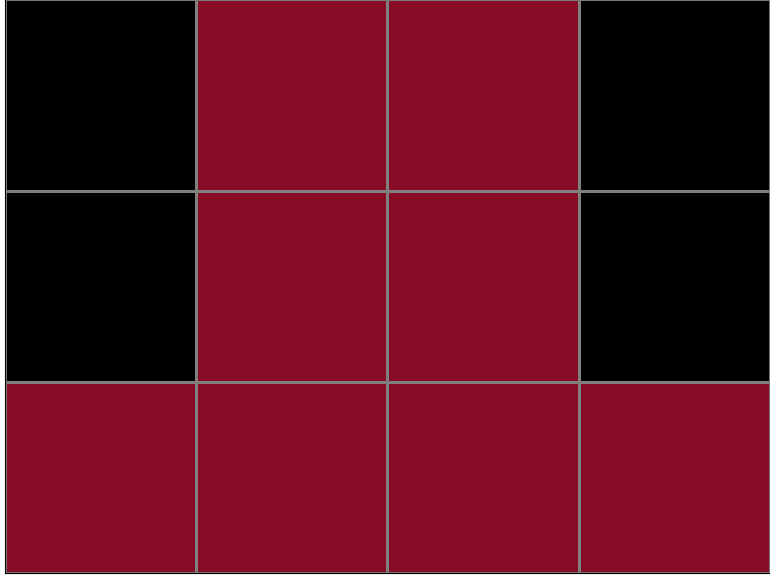
Participant 9
Initial description: Repeat the shape from the input that would require the least amount of work to create a square.
Final description: Repeat the shape from the input that would require the least amount of work to create a square.
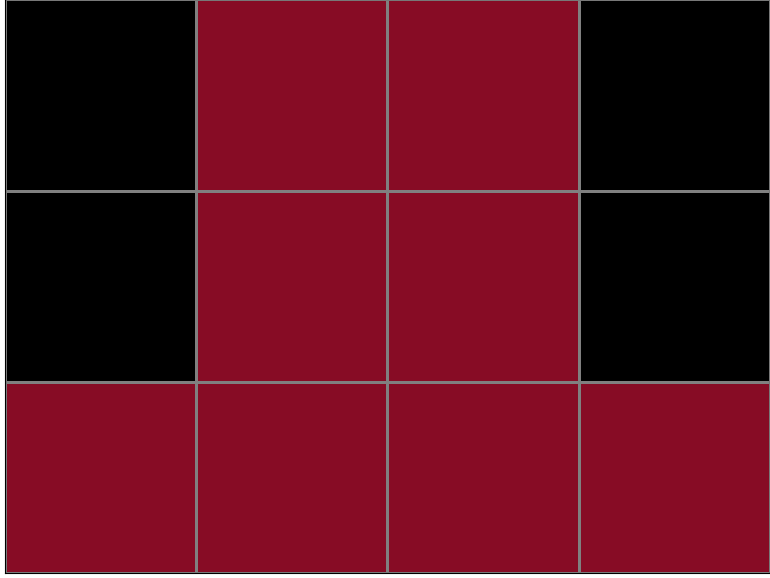
Participant 10
Initial description: The shape that most nearly makes a perfect rectangle is created in the grid.
Final description: The most symmetrical non-black shape present in the input is placed in a rectangle as small as possible containing the full shape, with black squares filling the rest of the rectangle.
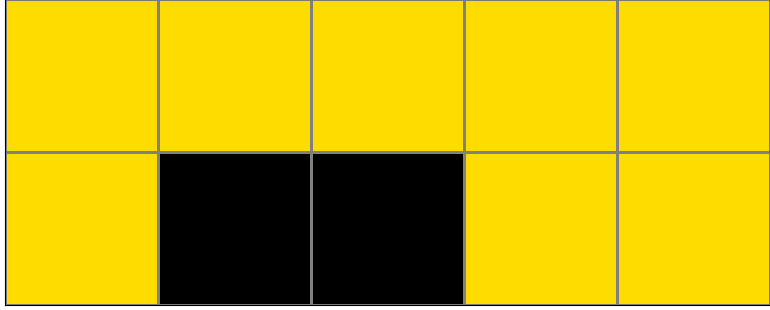
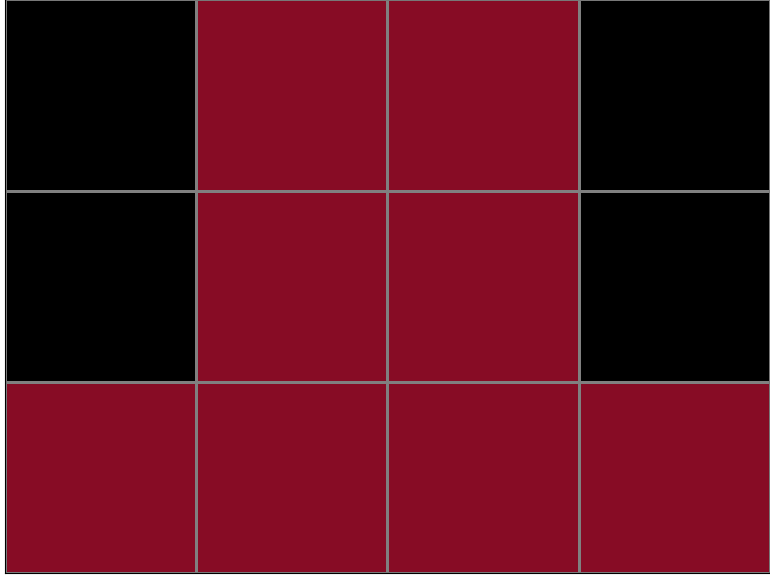
Participant 11
Initial description: Use multi fill option to complete tasks.
Final description: Use the fill option to create shapes.
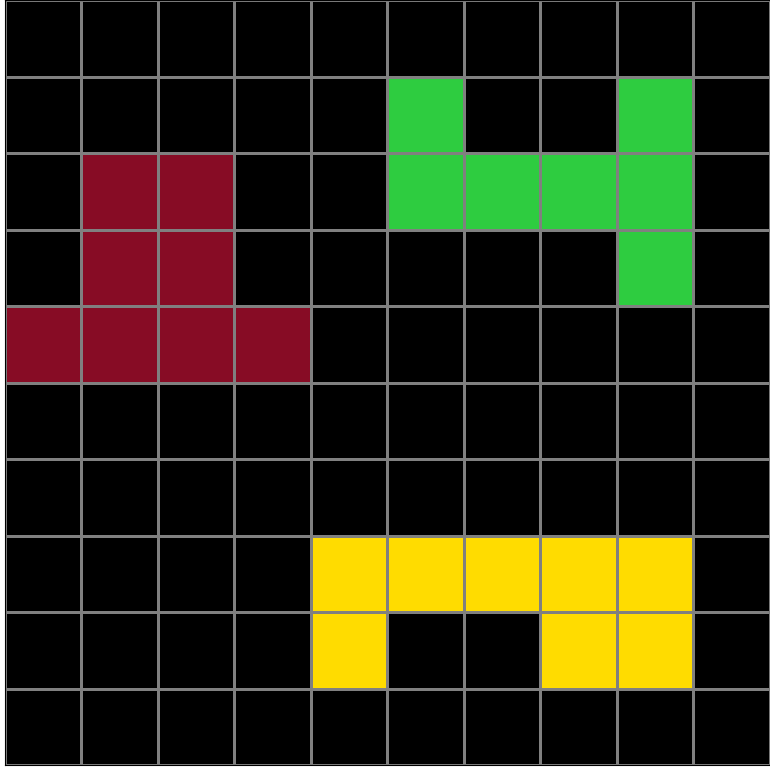
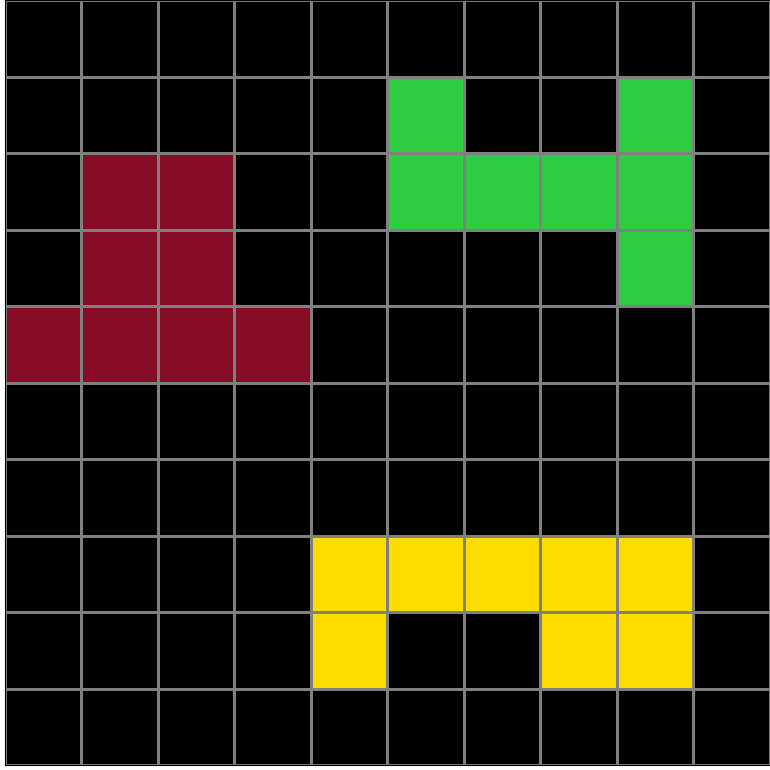
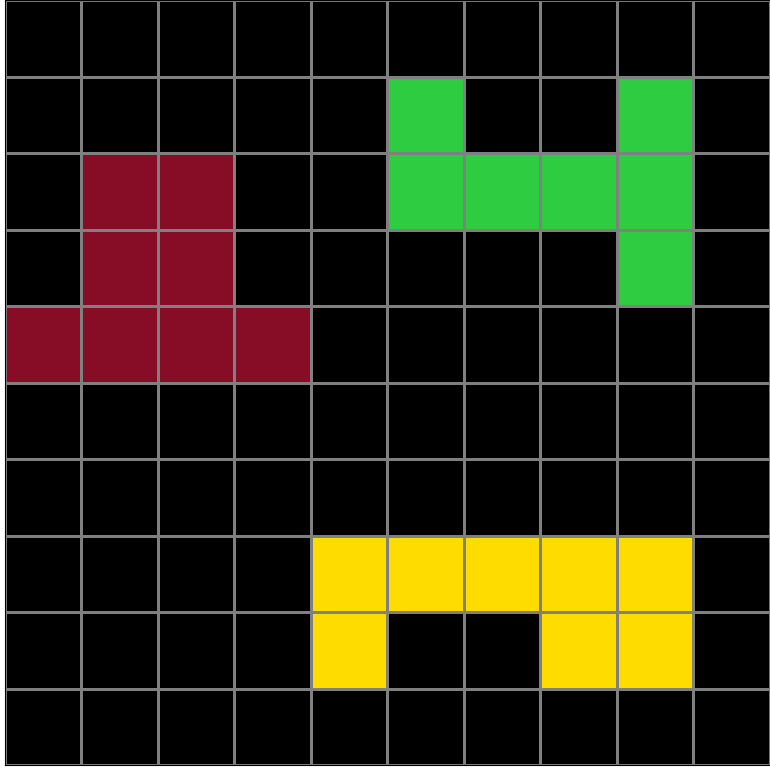
Participant 12
Initial description: Clockwise movement starting at the "6" position of shape choice.
Final description: Demonstration showed symmetrical outputs.
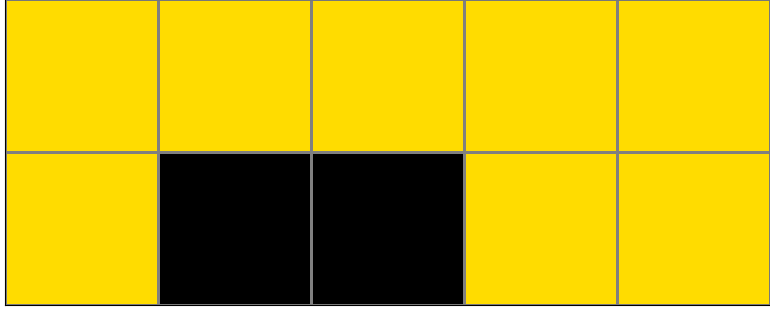
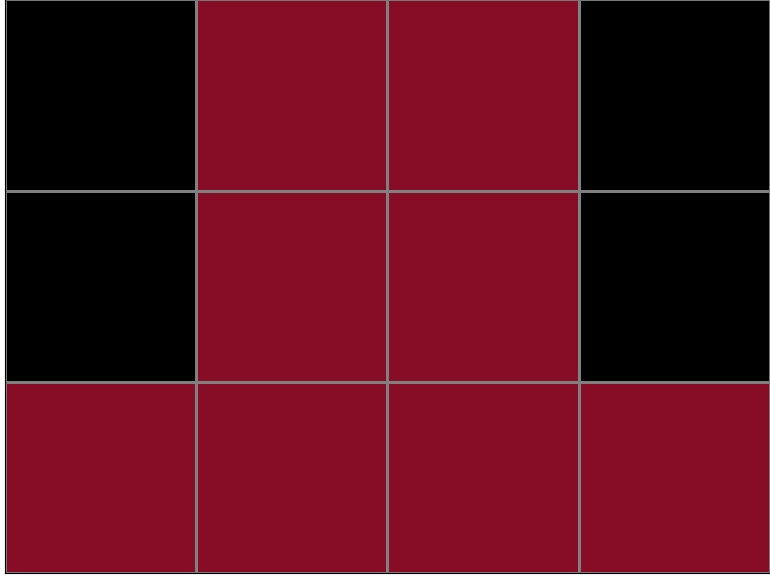
Participant 13
Initial description: the rule was to pick the colored sub-grids in a clockwise manner.
Final description: the rule was to pick individual sub-colored grids and re-draw them individually as the sub-grids in a new grid
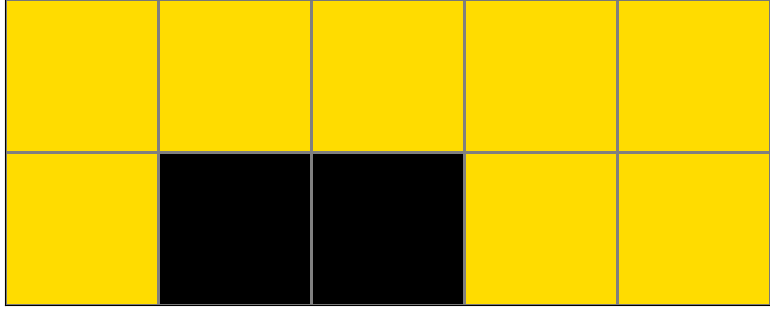
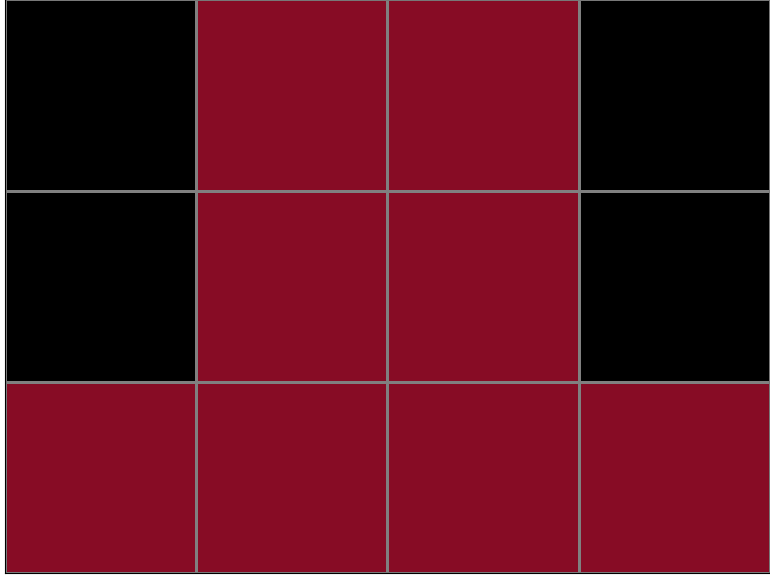
Participant 14
Initial description: To copy one of the shapes into a the exact grid of the shape.
Final description: To copy one of the shapes into a the exact grid of the shape.
